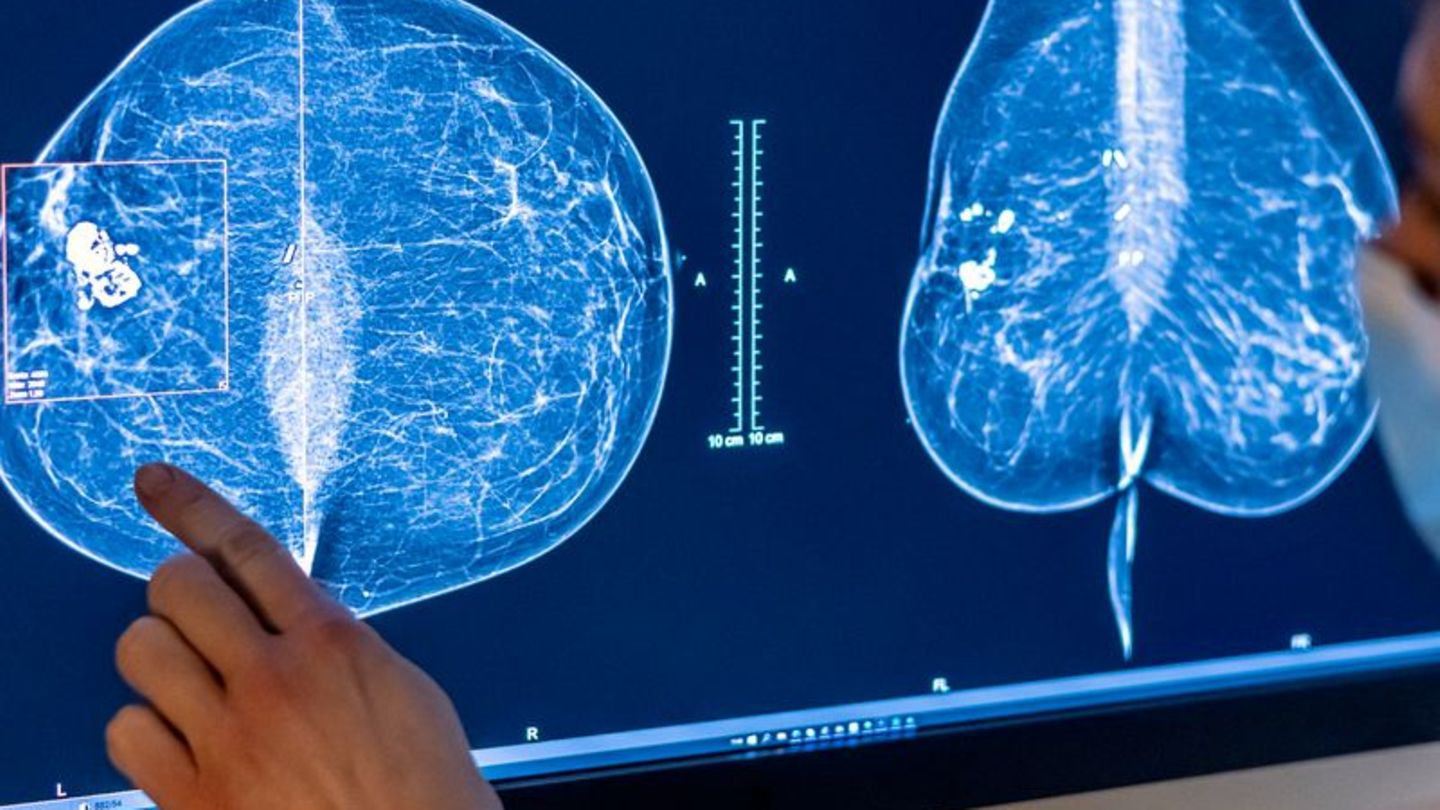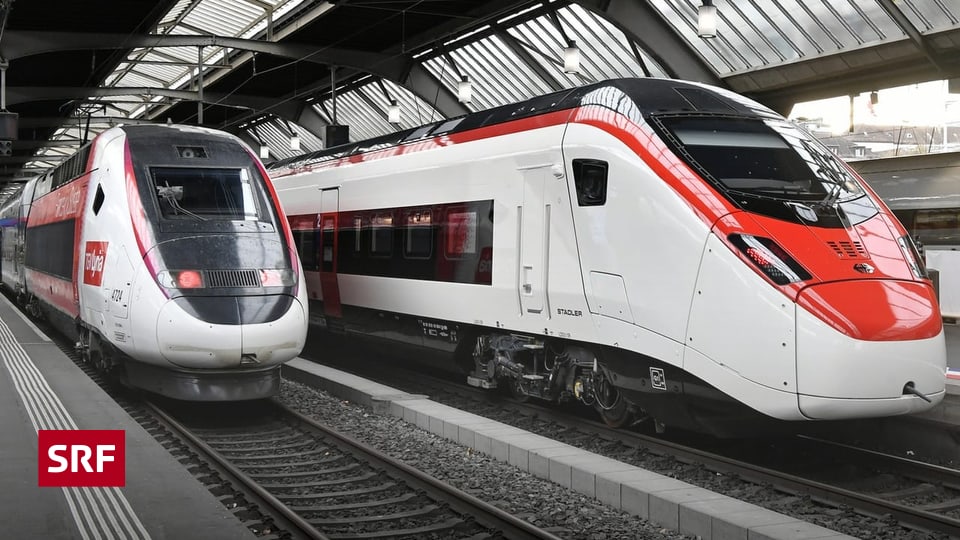It is often not easy for small companies to develop the so-called concepts of the sharing economy, that is, structures that are based on the principle of participation and ensure access to resources without incurring the financial or social costs of ownership. A research project at Rhein-Main University of Applied Sciences is looking at the opportunities and risks associated with creating such a business model for small businesses. As evidenced by a press release issued by the university in mid-April, the scientific project is being implemented in cooperation with Frankfurt University of Applied Sciences and Mewa Textil-Service AG & Co. IHK Wiesbaden. The project is funded by the State of Hesse and the House of Mobility and Logistics as part of the “Innovations in Logistics and Mobility” scale of the Hesse Ministry of Economic Affairs, Energy, Transport and Housing with a total amount of €99,800.
“We want to examine suitable business models for small businesses, which are implemented using proprietary logistics solutions. The concepts of participation examined in the project are aimed at the institutional treatment, i.e. between companies (B2B). First, we conduct an exploratory study to understand the causal relationships of business engagement. In a field study We then want to validate the results in a feasible and logical way. Finally, institutional engagement is achieved through selected logistical solutions in the urban environment”, explains Prof. D. The research design was developed by Hartmut Werner of the Wiesbaden Business School department.
The results should help find the ideal location for asynchronous freight transports and aggregate urban traffic flows in an environmentally friendly manner. The appropriate platform, in turn, should systematically enable physical exchanges between the Participating Provider and the Participating User. For a better understanding of “Open B2B Sharing” – Professor Dr. Werner example:
“Crafts no longer buy their work clothes, but rent them from a textile service provider. The service provider collects the soiled clothes, cleans them, and takes them out again. In our research project, we are now investigating whether this process can be addressed using classic direct transfer, but rather using Modern logistics centers, such as packing stations A suitable platform is required for communication between the giver of the share and the recipient of the share.Among other things, we are looking into the interest of textile service providers and craft companies to actively participate in this principle, for example storing clean textiles in a small warehouse or removing Textiles from them independently. After all, the system can be used 24/7, ”says the researcher.
The scientists also want to determine how intelligently placed charging points reduce intra-city traffic, what electrified logistics solutions make sense for the last mile and how easy it is to implement ideas for the sharing economy in an institutional (B2B) context.
According to the university, the central research questions from the point of view of small enterprises are which components of benefits play a role in B2B transactions in the sharing economy and which goods (sharing objects) are needed at all. For service providers, platform and logistics, the focus is on how an open platform acts as a complementary sales channel and what network values can be expected. Explains Professor Dr. Dr.. Benjamin Berwirth of the Frankfurt University of Applied Sciences.
“We also take into account the economic aspects, that is, the extent to which the aggregation of traffic flows reduces traffic volumes and thus reduces emissions in an urban context,” says the scientist.
In addition, the project should work to collect more data from logistics traffic flows.
However, the logistical background of individual commercial traffic has so far been studied only to a limited extent. Through the joint research project, we want to obtain new data and causal relationships that enable systematic consideration and analysis of commercial traffic”, says Professor Dr. Hartmut Werner.

“Alcohol buff. Troublemaker. Introvert. Student. Social media lover. Web ninja. Bacon fan. Reader.”







More Stories
Science: The use of artificial intelligence is changing the way hospitals operate
Simple recipe: sweet cream cheese slices from the tray
This is how our brain chooses what information it will remember in the long term